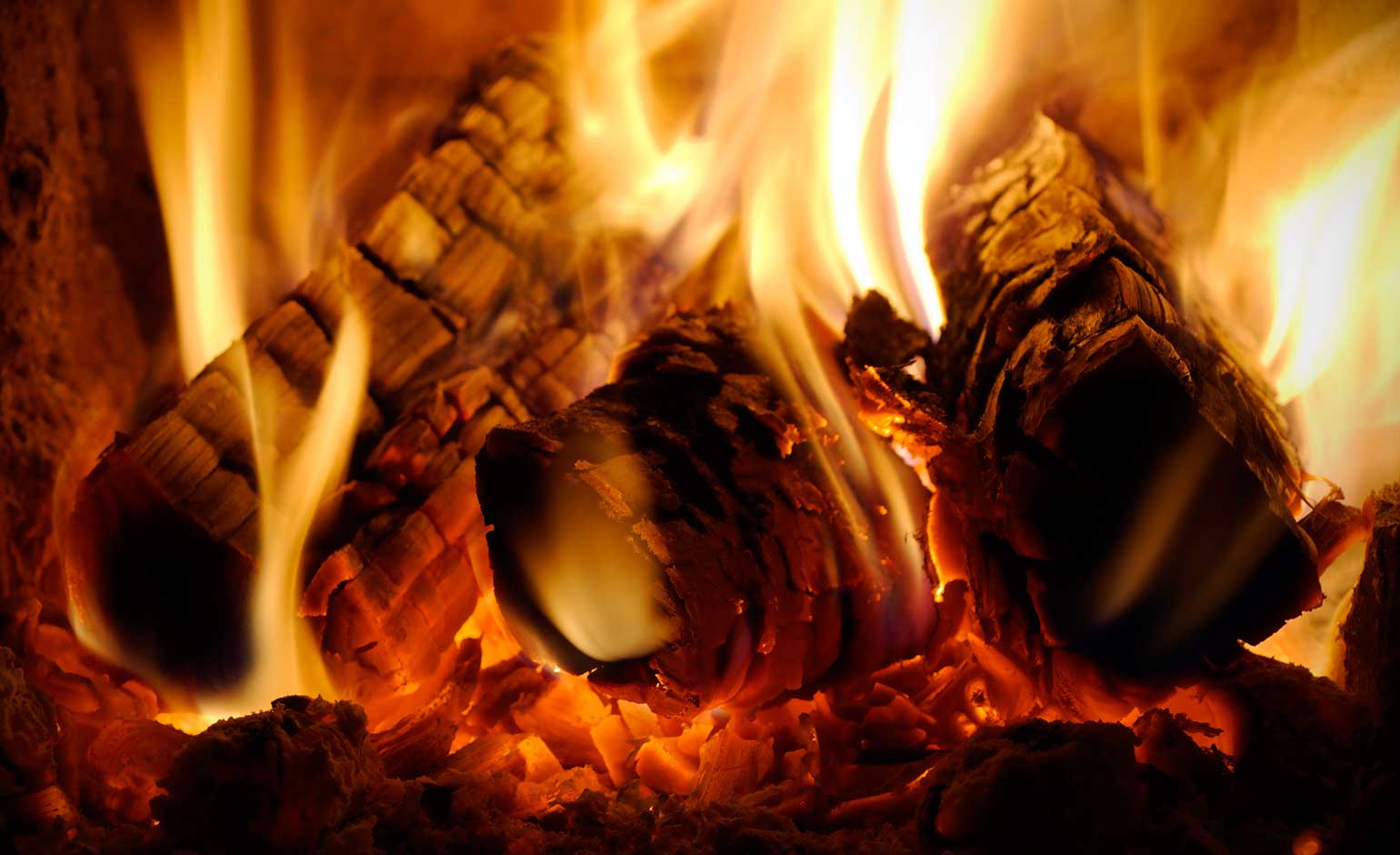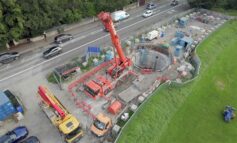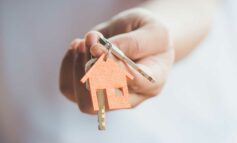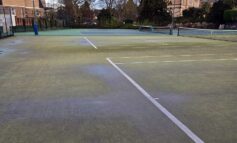Residents across Bath and North East Somerset are being urged to use wood-burning stoves and have bonfires responsibly following the introduction of new Government restrictions.

Rules to phase out the sale of coal and wet wood for home burning came into force on 1st May to help cut harmful pollution to human health.
Burning wood or other solid fuels at home emits pollution indoors and into the wider environment, known as fine particulate matter or PM2.5.
This is a known carcinogen and can cause asthma, heart disease and other serious illnesses affecting the lungs, heart and brain.
Bath & North East Somerset Council has reported an increase in the number of complaints about smoke nuisance and burning since the first lockdown in 2020.
A new webpage has been launched to help residents choose the cleanest possible fuel for their home and offers advice on wood burning and open fires.
The city of Bath is a designated Smoke Control Area (SCA) which prohibits residents from burning smokey fuels such as wood and coal in an open fireplace or a conventional non-approved wood burning or multi fuel stove.
Where residents wish to burn wood and coal, they need to use an approved multifuel or wood burning stove and authorised smokeless fuel.
An alternative fuel for wood-burning stoves to reduce the impact on local air quality could be eco-briquettes that use compacted waste hardwood. The material is much drier, burns hotter and produces far less smoke than damp wood.
Councillor Sarah Warren, Deputy Leader, Climate & Sustainable Travel, said: “Smoke from bonfires or wood-burning stoves affect local air quality and residents with breathing issues too. PM2.5 has been identified by the World Health Organisation as the most serious air pollutant for human health and it’s not visible to the naked eye.
“Even ‘smokeless’ fuels and efficient appliances could still produce a significant amount of pollution.
“Many people have understandably bought wood-burning stoves for the environmental benefits of not using fossil fuels, but their popularity is now having an impact on air quality if fuels that create a lot of smoke are used.
“There are low-smoke alternatives that should be used instead. And although bonfires are not against the law, we would ask people to consider whether they need to have one at all and use recycling and waste services instead.”
Becky Reynolds, Director of Public Health, added: “There is no proven safe level of PM2.5 and exposure to it can increase the risk of early death from respiratory and cardiovascular diseases.
“During the Covid pandemic it’s even more important to be mindful of your own health and that of others when using wood-burning stoves or lighting bonfires.”
Bonfires are not illegal and therefore the council’s Environmental Protection team is only able to investigate burning that is regularly causing a smoke nuisance at someone’s home or workplace.
Burning should be avoided wherever possible and residents could use council recycling centres or waste collection services instead.
If a bonfire is necessary, follow this guidance will help avoid affecting others living nearby:
- Consider wind direction – avoid burning when smoke is likely to blow to neighbouring properties;
- Only burn dry material, as wet materials produce more smoke;
- Only burn clean untreated material such as dry branches or dry garden waste;
- Do not burn, plastics or painted wood, as this would cause more acrid smoke;
- Let your neighbours know in advance that you plan to have a bonfire with your neighbours before you burn;
- Do not burn often.
Smoke from continuing bonfires can be reported to the Environmental Protection team.



